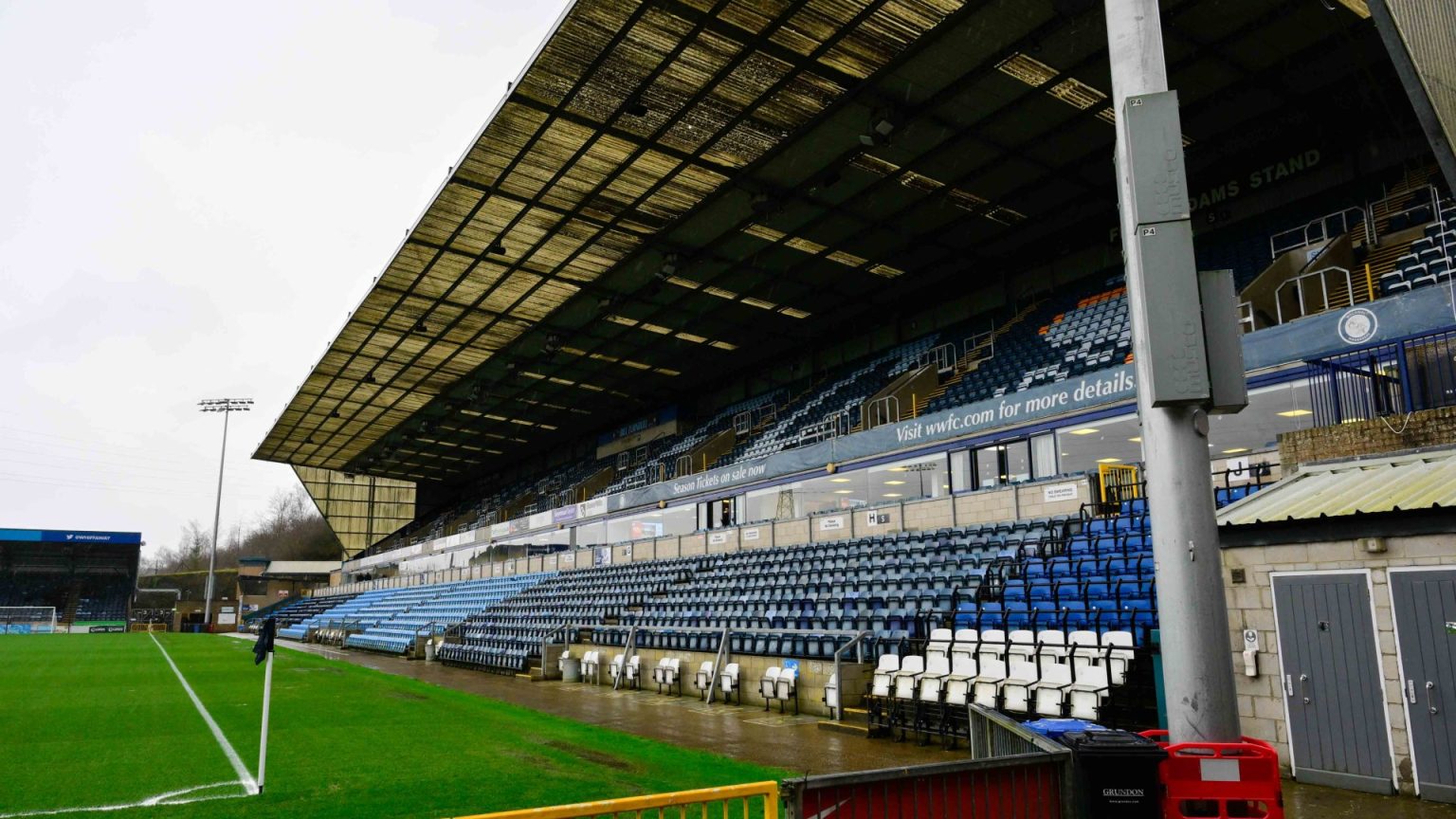The Third Round of the FA Cup presents a packed schedule of matches spanning five days, featuring a diverse array of kick-off times, creating a logistical puzzle for fans and broadcasters alike. Commencing on Thursday with Sheffield United hosting Cardiff City, the weekend unfolds with fourteen different kick-off times, adding to the complexity of navigating the fixture list. While major broadcasters like the BBC and ITV have secured rights to showcase several high-profile encounters, including Liverpool versus Accrington and Tamworth versus Tottenham, the scheduling of other matches has been influenced by overseas broadcasting agreements, leading to some less prominent ties being shifted to accommodate international audiences.
This prioritization of overseas broadcast agreements has stirred controversy, particularly for matches moved yet unavailable for viewing within the UK. The Friday night clash between Wycombe Wanderers and Portsmouth exemplifies this situation, where fans in seventy-four countries will have access to the match, while UK supporters are left without a readily available viewing option. The scheduling has led to peculiar scenarios, such as fans in Kyrgyzstan potentially tuning in at 2:00 am local time and supporters in Papua New Guinea facing a pre-dawn 5:45 am start, highlighting the global reach of the FA Cup and the varying viewing experiences it creates.
The decision to move certain fixtures has drawn criticism from both home and away fans, with the Everton versus Peterborough match on Thursday night serving as a prominent example. While eventually available on BBC iPlayer and the Red Button, the initial lack of readily accessible UK broadcast options prompted Peterborough United to express concerns about the impact on their fanbase, who faced a 300-mile round trip on a weeknight amid icy conditions. The club argued that the late-night fixture would necessitate supporters taking time off work, impacting younger fans unable to attend due to school commitments. Furthermore, Peterborough highlighted the missed opportunity for greater revenue generation due to the potential for reduced attendance given the travel constraints.
Despite the scheduling challenges and initial broadcast uncertainty, the Everton versus Peterborough match ultimately sold out, demonstrating continued fan interest and enthusiasm for the FA Cup. The fixture takes on added intrigue given Everton’s recent dismissal of manager Sean Dyche, with caretaker managers Leighton Baines and Seamus Coleman at the helm and speculation swirling around potential replacements like David Moyes. This unpredictable managerial situation adds another layer of intrigue to a match already marked by the complex scheduling and broadcast arrangements.
The diverse kick-off times, coupled with the prioritization of international broadcasting deals and subsequent impact on UK viewership, have created a multi-faceted discussion around accessibility and fan experience in the FA Cup’s Third Round. While broadcasting revenue plays a significant role in the modern football landscape, the situation highlights the challenges of balancing global reach with the needs and desires of local supporters. The debate underscores the ongoing evolution of football broadcasting and the complexities involved in ensuring widespread access to matches while maximizing revenue streams.
The FA Cup Third Round exemplifies the evolving landscape of football broadcasting, where international markets play an increasingly significant role in scheduling and accessibility. While the global reach of the competition expands, the challenges of catering to both domestic and international audiences remain prominent. The logistical complexities and resulting fan experiences underscore the ongoing discussion surrounding broadcasting rights, revenue generation, and the importance of balancing these factors with the needs and preferences of dedicated supporters.











